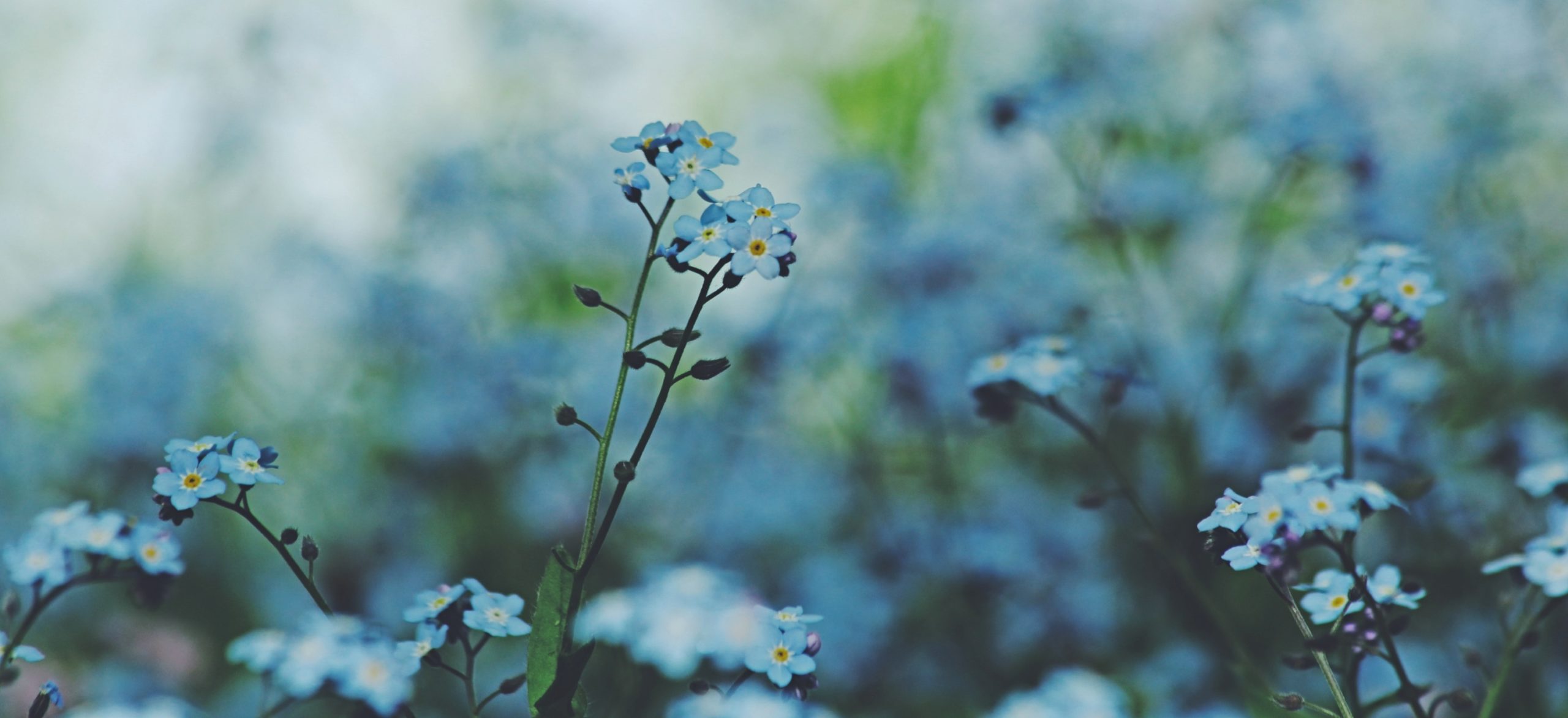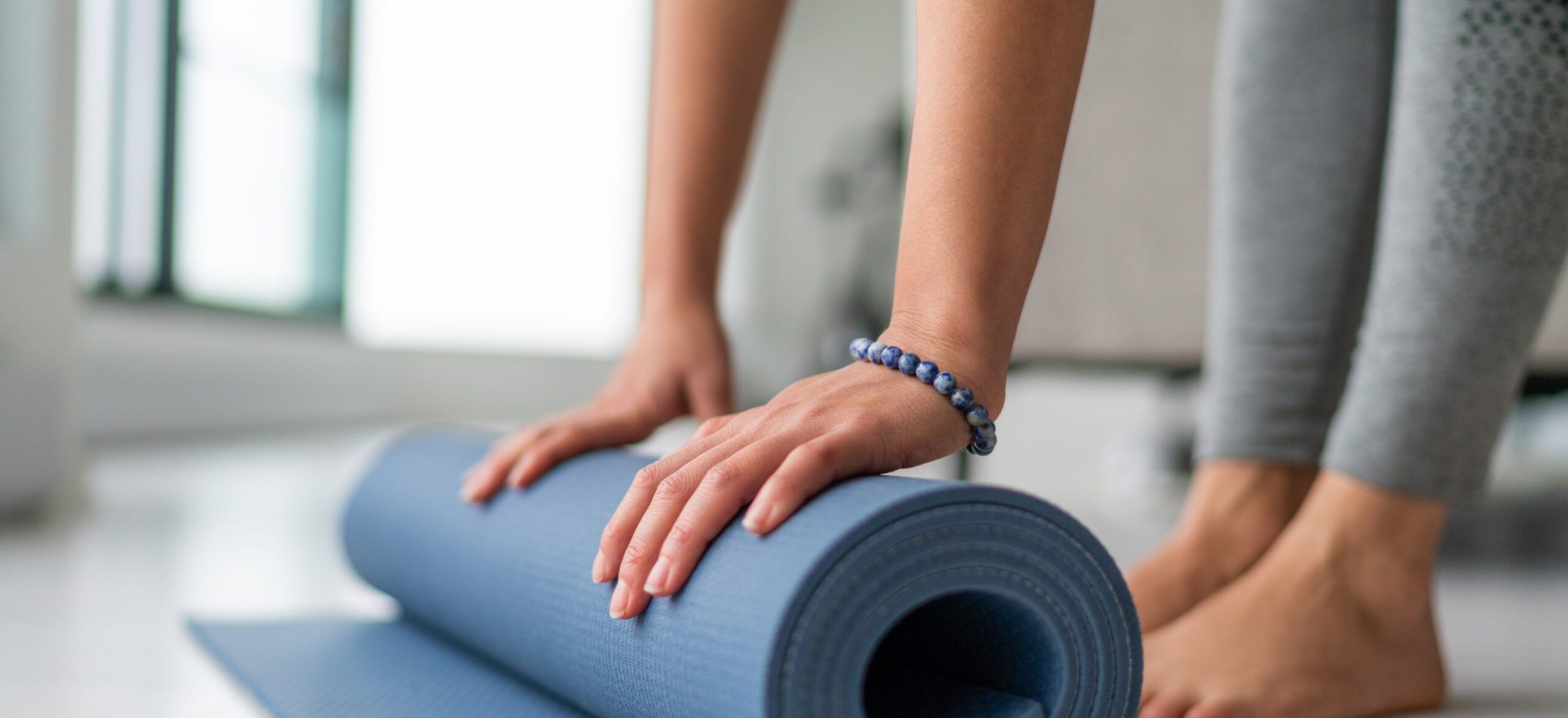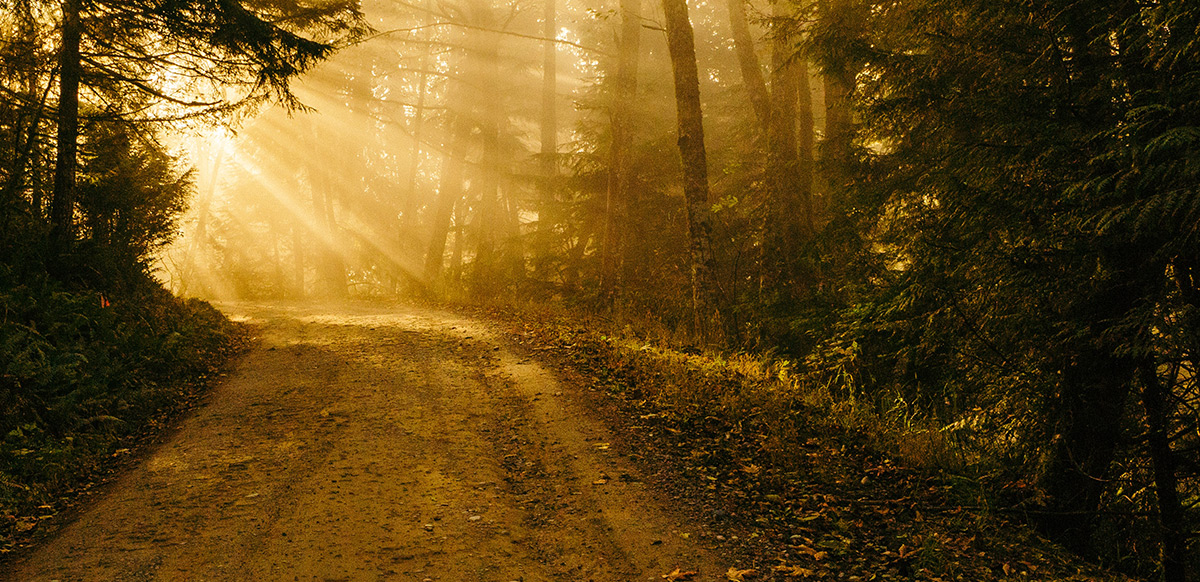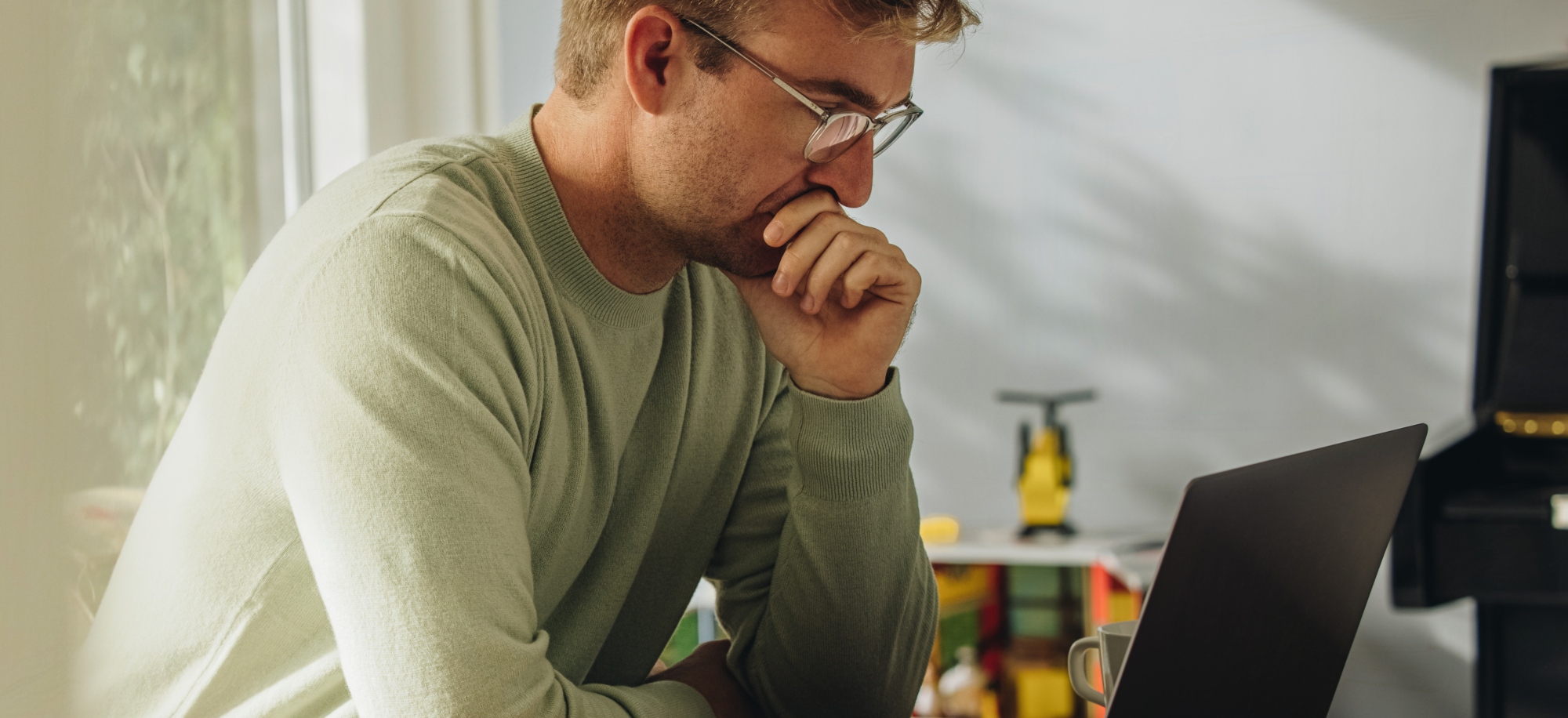It will be ten years come August that I lost my mother to suicide. Memories of that warm summer day are always vivid in my mind.
“Honey,” she said. And I knew. “It’s your mother,” she said. And I knew. “She’s killed herself,” she said. And I knew. I knew it was my fault. It was my fault. Over and over again. I knew it.
Guilt engulfed me. I experienced all the stages of grief, many times, but guilt ravenously held me in its grip.
Life as I knew it was over. “Normal” was gone. All that would have been was forever altered. I was thrust into an emotional tsunami. I was not sure I could survive, but something deep within me kept pushing me on. My sister was my constant companion on the journey. Her love, as well as the understanding, patience, and support of family and friends, kept me going.
I read books on suicide, grief, and mental illness. I journaled. I allowed others to care for me when I couldn’t care for myself. I went to support group meetings, therapy appointments, and I stayed on my meds. Even though I’d fall, I kept going through the motions, trusting familiar routines to direct me through my days.
Now I realize that each step I took was a part of the healing process. Even the falling down was valuable, for in getting up there was progress, insight, understanding, and acceptance. Eventually, weeks evolved into months and months into years. I can’t say when happiness returned, but it did. I can’t say when my breathless grief ended, but it did.
There were unexpected gifts along the way. I can see many now in hindsight: conversations, shared moments, a touch, connections with others at our most damaged, vulnerable, and human level.
I believe that everything is a process and that no one person’s grief or journey is exactly like another’s. Staying with the process and on the journey is important. In the beginning, we think healing will never come, but it does. I still experience “moments.” There will always be “moments,” but I honor them by embracing a tender memory rather than visualizing a final, desperate act.
Now I have stronger faith and a deeper understanding of myself, my Higher Power, and of others. I am more aware of how life can change in an instant. I’m also aware of the strength we possess within. I have more empathy and more compassion. I listen better, and I share more.
I try to maintain a positive attitude and to connect more with people. Rather than assume or hope that someone knows how I feel about them, I now make sure that they do, regardless of their place in my life. I try to remember that with each encounter comes an opportunity to make a difference in someone’s life, if only with a smile or a gentle touch of the hand.
At some point, I knew I wanted to give back. I now facilitate support groups for other survivors. I am passionately committed to helping others heal. Ultimately, I would also like to be involved in suicide prevention and education.
After my mother died, I made a list to help myself. The paper I wrote it on is worn and a bit faded. It’s been read and re-read, torn and taped, folded and unfolded, wadded up and cried on, held to my heart, and thrown to the floor. And many times, it has been essential. I offer it to you–with a wish that comfort, peace, and healing will find you.
- Life is fragile
- Be gentle with yourself
- Practice forgiveness
- Clearly speak your needs
- Know that you have value
- You do not walk alone
- Exercise kindness no matter how small
- Give yourself permission to take the time you need
- It’s okay to remove yourself from uncomfortable situations and conversations
- Some people will never understand, God bless their fortunate ignorance
- Take walks
- Breathe deeply
- It’s not your fault; you’re not to blame
- Pray some and sleep some, write some and speak some, smile some and weep some, and know that you are loved
- Tenderly work at healing
- Beauty and happiness will return.




